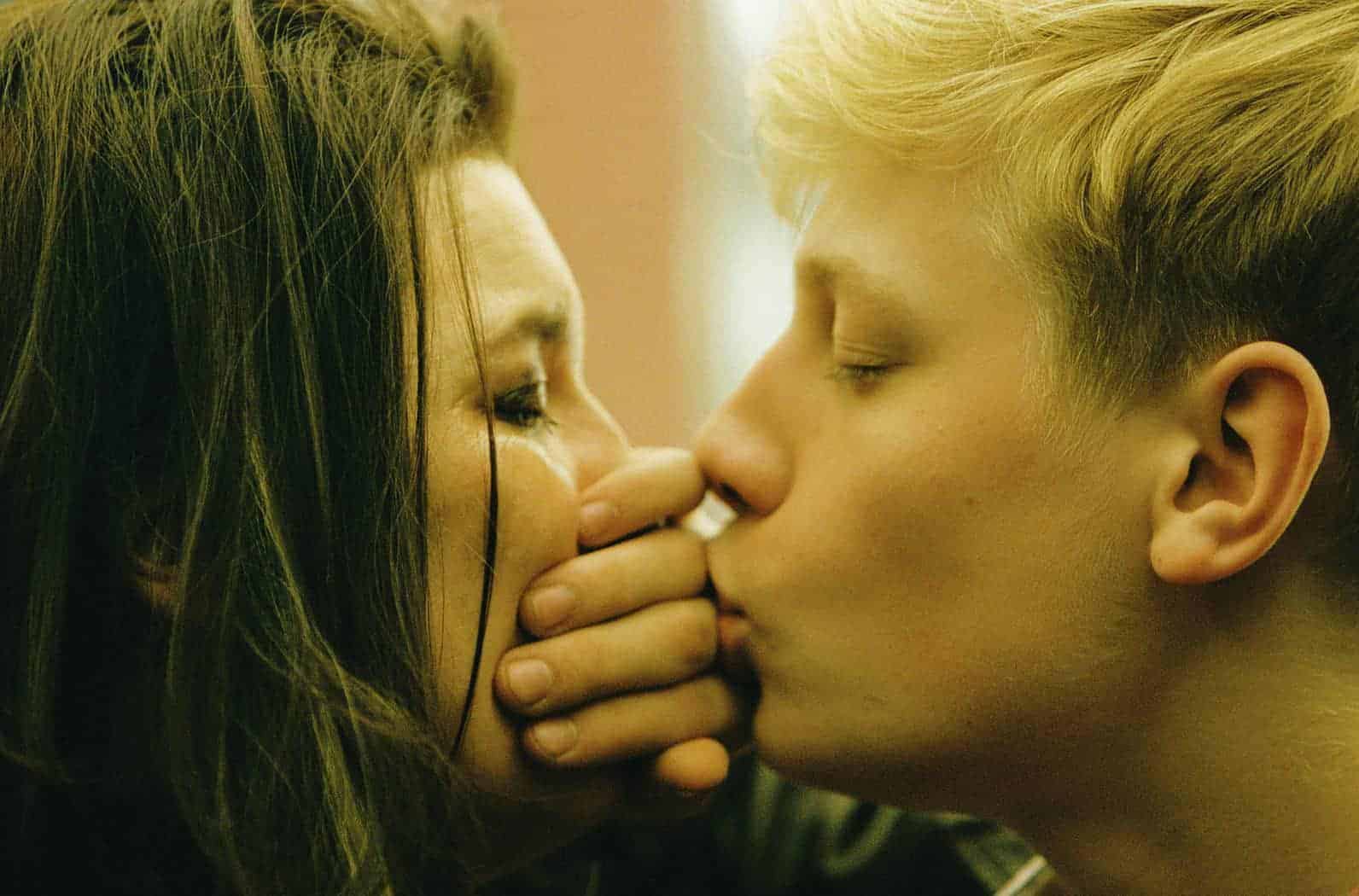
Rhiannon Rozier has a degree in political science and Latin American history, but her true passion is connecting to people through music. She is a DJ and creates electronic dance music (EDM), but she’s also a woman, working in a male-dominated genre. Katherine Monk’s National Film Board of Canada documentary short Rock the Box begins with a few fact cards backing this up. One addresses the disparity in bookings — women are employed for only 9% of EDM gigs — and another notes that of the top 100 DJs in the world only 2 are women. Rock the Box exposes a microcosm of sexism in EDM.
Monk’s camera follows Rozier around her hotel room as she prepares for a gig and she explains her history with EDM. Her make-up routine is precise and elaborate, and the same could be said of her clothing choices. Here, Monk makes it clear that Rozier’s appearance is incredibly important for her performance. By showing only moments of Rozier working on her appearance, Monk’s thesis on the sexualization of women in EDM becomes clear. Without showing Rozier’s musical preparation to balance the scenes of Rozier crafting her on stage look, Monk makes Rock the Box a film about image and the apparent sexism in what women have to do to survive in this industry.

What Rozier says is even more damning, and it shows the toxicity of the industry towards women. At one point, Rozier laments the earliest moments of her career when the only women that were being booked to play music were those willing to show off their bodies. After seeing this happen, she ultimately decided to join them. She donned tight clothing, altered her music to become overtly sexual, and even posed in Playboy. She considers this an act of liberation: She was breaking the glass ceiling by finally being able to make it in the industry.

If Rock the Box were simply about the sexism of EDM, Rozier’s testimony would be enough for the picture to bear witness to a kind of “call-to-action” moment where audiences would feel outraged enough to want to bring actual change to this kind of misogyny. But when Rozier asserts that she liberated herself, it complicates Monk’s portrait of the industry’s misogyny. The film is both about Rozier’s stated empowerment and Monk holding up a mirror to sexism. Because these two ideas conflict, the impact of Rock the Box is partially muted. The film never decides if it should damn or praise Rozier for becoming liberated in an industry that is so obviously rife with hatred towards women.
[youtube https://www.youtube.com/watch?v=T40UlGKPUEI]
Rock the Box is screening in the Short Cuts 7 Programme of the Toronto International Film Festival.

